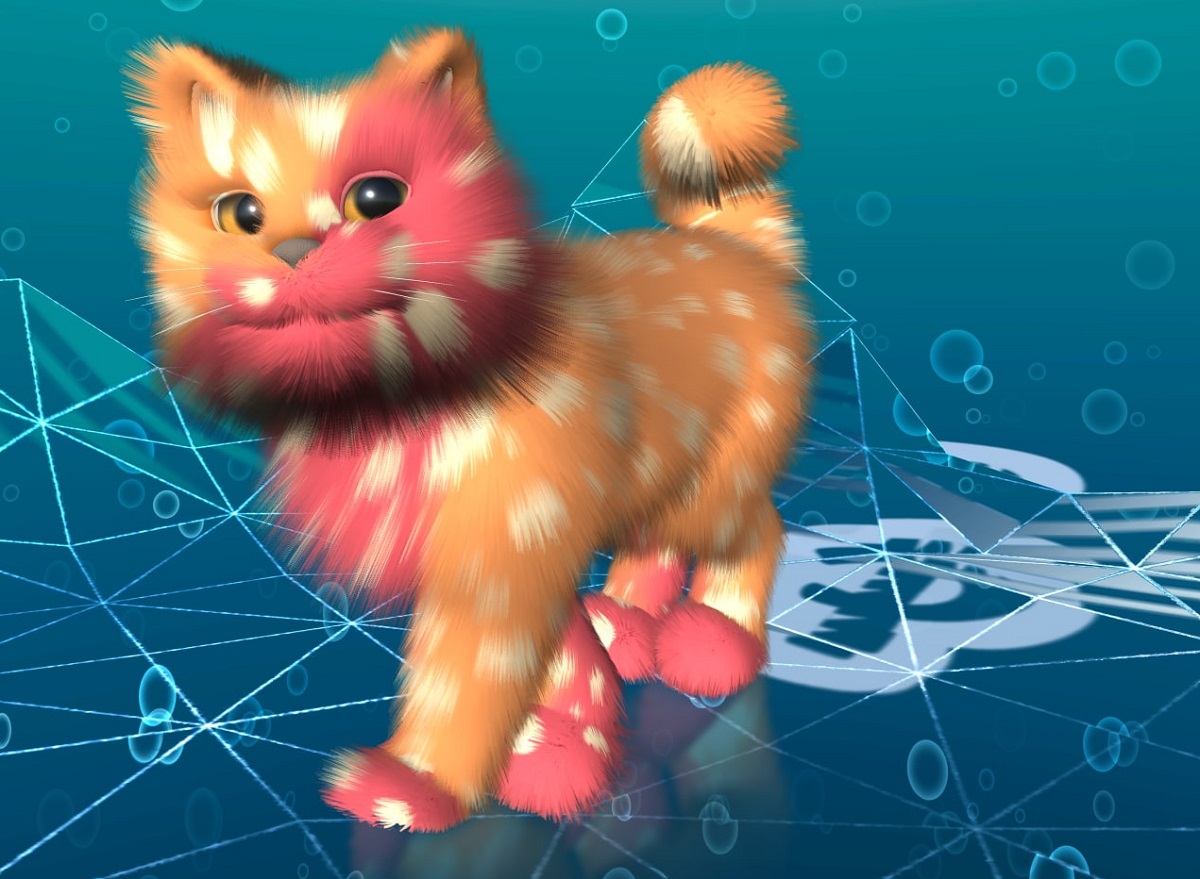Petaverse Network, a non-fungible token (NFT) game company started by the founders of Tiny Rebel Games, will use the Polygon blockchain to mint its cute digital cats.
It’s taking the gameplay of virtual pets — like the old Nintendogs game — and modernizing them based on blockchain and metaverse ideas.

Unlock premium content and VIP community perks with GB M A X!
Join now to enjoy our free and premium membership perks.
![]()

![]()